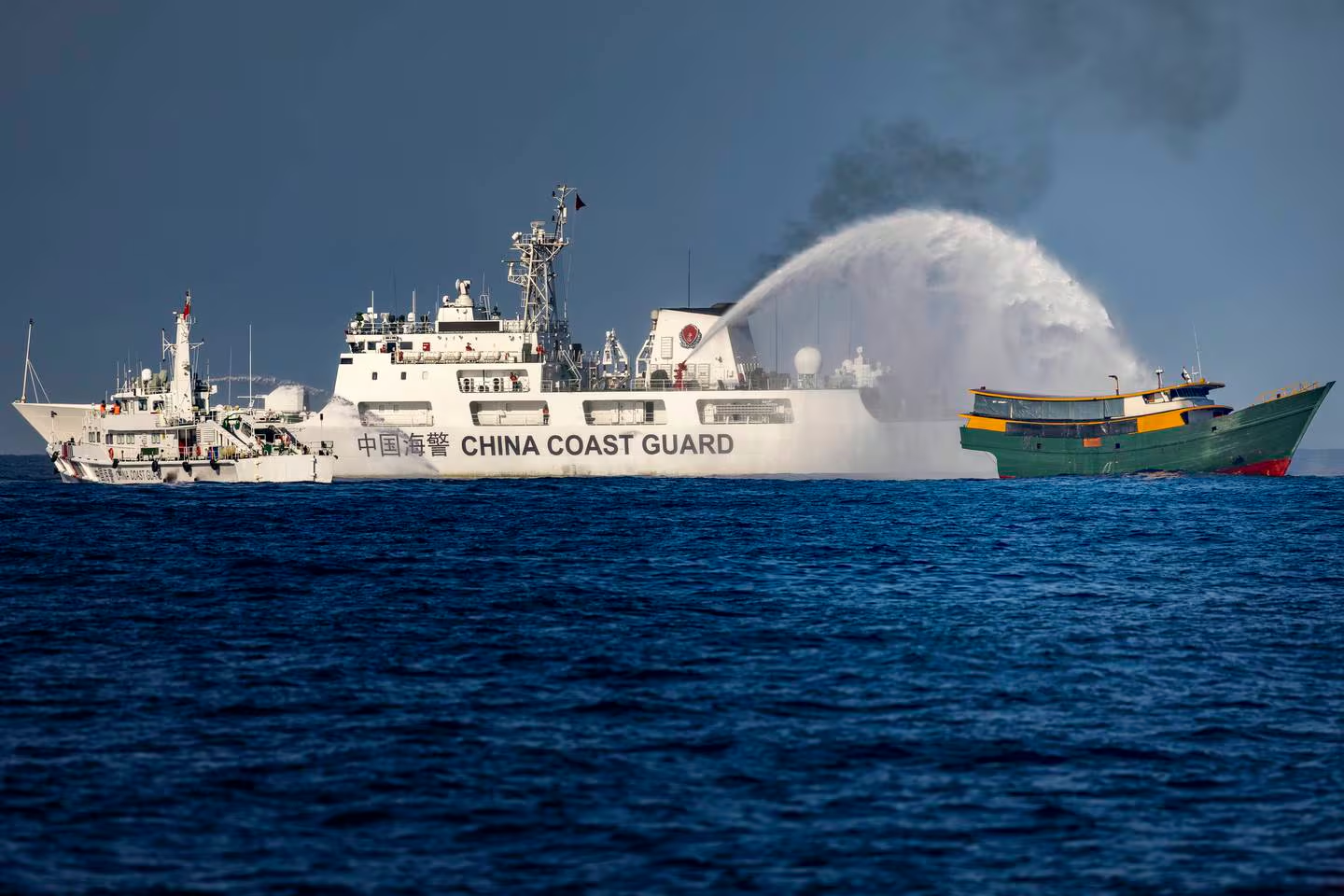
Key Points:
- Balikatan has evolved into a robust demonstration of force, reflecting the growing tensions in the South China Sea.
- The Philippines is committed to defending its territorial integrity, particularly in the West Philippine Sea.
- The US and the Philippines are united in their commitment to upholding international law and defending their respective territories.
A Growing Show of Force in the South China Sea
The annual Balikatan exercise, a joint military training between the United States and the Philippines, has taken on new significance in the face of increasing Chinese assertiveness in the South China Sea. While the exercise has historically focused on humanitarian assistance and counterterrorism, it has evolved into a more robust demonstration of force, reflecting the growing regional tensions.
A Shift in Focus
Balikatan, which translates to “shoulder to shoulder” in Tagalog, has been conducted almost annually for nearly 40 years. However, the scope and size of the exercise have expanded significantly in recent years. This expansion directly responds to the Philippines’ growing concerns about its territorial defense in the face of Chinese incursions.
Previously confined to central military locations within Luzon, the main island of the Philippines, Balikatan now stretches across the country, extending to the northernmost islands and the strategically important southwestern island of Palawan. This expansion signals that the Philippines is committed to defending its territorial integrity, particularly in the West Philippine Sea, which China claims as its own.
From Disaster Relief to Deterrence
The exercise’s inclusion of over a dozen observers and participating countries further underlines its importance in projecting a united front against China’s assertive actions. With its strategic location amidst 7,000 islands and islets, the Philippines is a crucial partner in the US’s efforts to deter Chinese influence in the region.
China’s Assertive Posturing
China’s actions in the South China Sea have escalated in recent years, with increased military activities, including the deployment of coast guard vessels and the use of water cannons against Philippine vessels.
The situation at Second Thomas Shoal, where a Philippine marine contingent is stationed aboard the World War II-era ship Sierra Madre, is particularly tense. The ship’s presence is a symbolic assertion of Philippine sovereignty, but faces constant harassment from Chinese forces. The fear remains that a storm could dislodge the ship, effectively ceding the shoal to China.
A New Era of Cooperation
The election of President Bongbong Marcos in 2022 marked a shift in the Philippines’ foreign policy. He has worked to strengthen relations with the US and other Pacific partners, reversing the previous administration’s attempts to distance itself from the US.
The US, in turn, has sought to bolster its military presence in the region, recognizing the Philippines as a key partner in deterring Chinese aggression. Expanding the Enhanced Defense Cooperation Agreement (EDCA), which allows the US to fund infrastructure improvements and deploy troops to Philippine bases, is a testament to this renewed partnership.
Interoperability and Joint Training
Balikatan goes beyond military exercises and aims to enhance interoperability between US and Philippine forces. Joint training events, such as the live-fire drills and the deployment of US military assets in various locations across the Philippines, focus on developing seamless operations and information-sharing coordination.
These efforts are crucial for ensuring that the two nations can effectively respond to any potential security threats in the region. The success of the recent Balikatan exercise showcases the progress made in improving interoperability. However, both countries recognize that there is room for further improvement in areas like tactics, data sharing, and capabilities.
A Strategic Alliance for a Challenging Future
Balikatan symbolizes the enduring US-Philippines alliance. As China continues to assert its influence in the South China Sea, the partnership between the US and the Philippines remains crucial for ensuring regional security and stability.
The expanded scope and focus of Balikatan, along with the increased military cooperation between the two nations, sends a clear message to China: the US and the Philippines are united in their commitment to upholding international law and defending their territories in the South China Sea.
